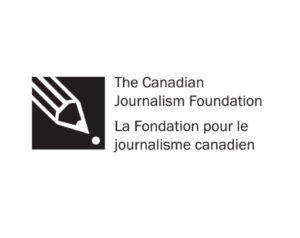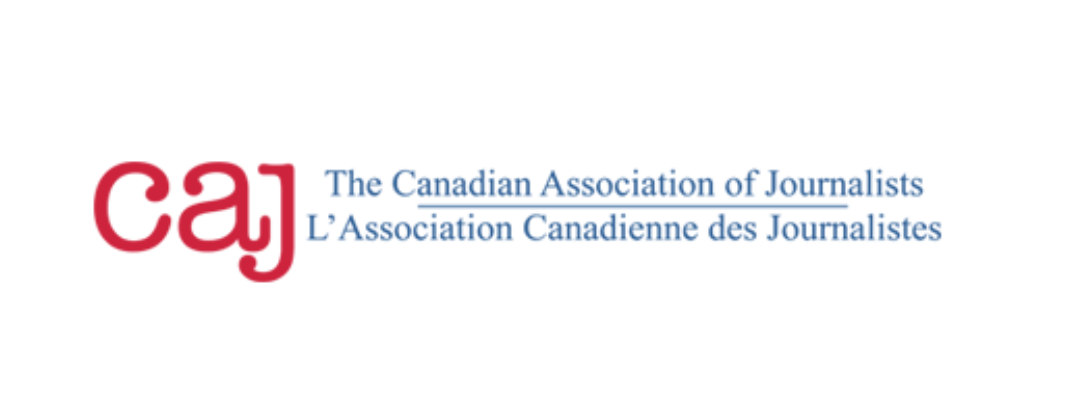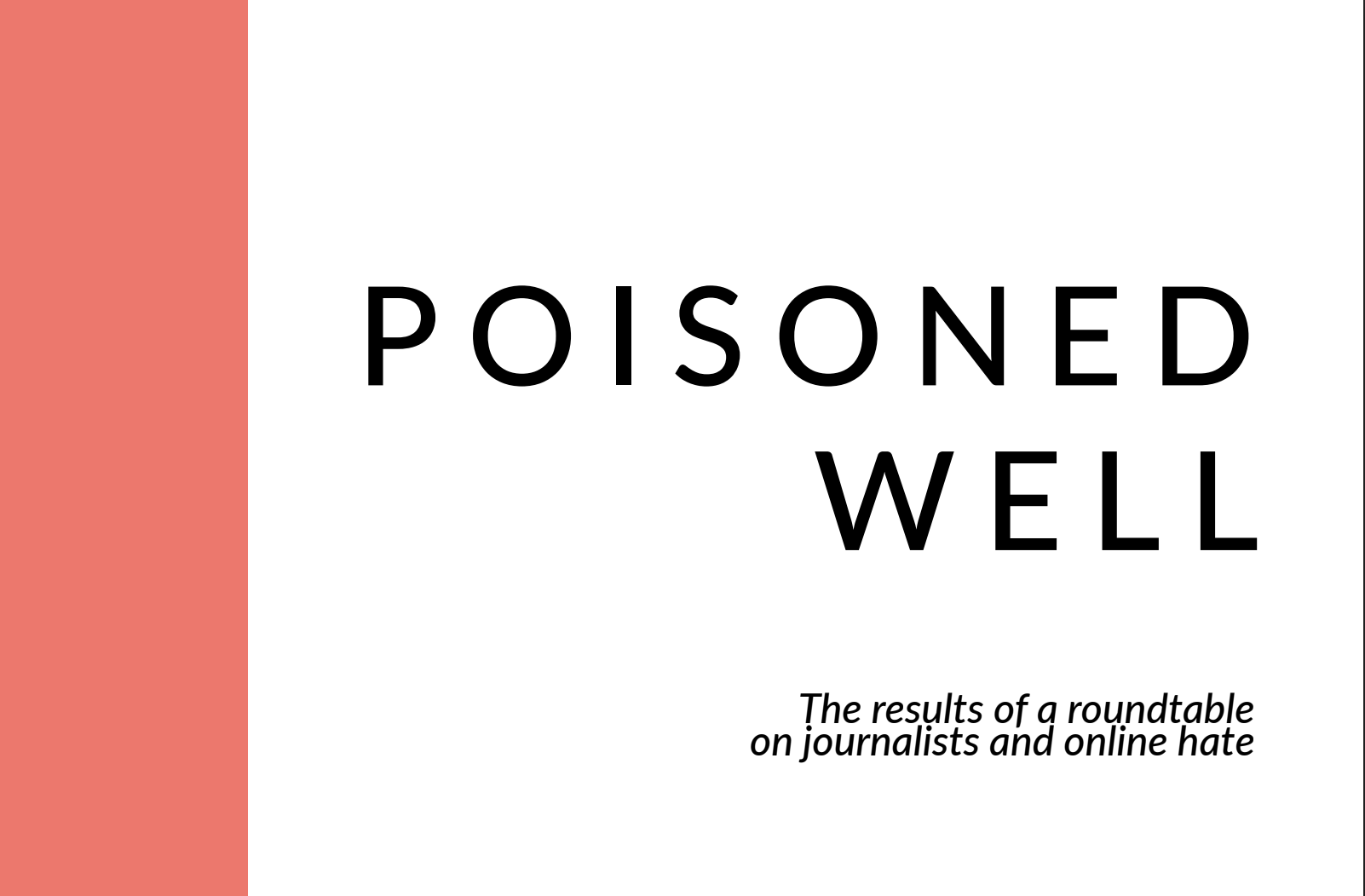The Canadian Journalism Foundation and the Canadian Association of Journalists have released “Poisoned Well,” the troubling findings of an industry roundtable on journalists and online hate.
“Freedom of the press is integral to a healthy democracy,” says Natalie Turvey, CJF President and Executive Director. “The online abuse suffered by too many journalists today goes well beyond critical discourse and, in many cases, harms their safety and well-being in the workplace. This report is a call to action to our industry, government officials and the broader Canadian public.”
The CAJ and Carleton University held the roundtable on Oct. 21, 2021, in response to repeated instances of Canadian journalists, particularly women and racialized media, being targeted with online hate and harassment.
Commissioned by the CJF, the report shares the findings of that roundtable with the broader public.
The four-hour roundtable featured four sessions with 21 speakers. In addition to hearing from journalists recounting their first-hand experiences with online hate and harassment, the roundtable also addressed workplace responses, the role of law enforcement, as well as discussions about security and self-care. The event concluded with a brainstorming session led by Irene Gentle, the Toronto Star’s VP, Inclusion and Strategic Partnerships, and Steph Wechsler, managing editor of J-Source and co-lead on the Canada Press Freedom Project, to identify calls to action. More than 90 journalists across Canada took part in the roundtable.
“We’ve heard the ground truth about the multi-faceted professional and psychological impacts online harassment has on journalists – and how it negatively affects their ability to do their jobs properly,” says CAJ president Brent Jolly.
“It is crystal clear that finding productive ways to combat online harassment of journalists will require an unprecedented amount of cross-industry collaboration and long-term commitments from multiple stakeholders—including government, law enforcement and Big Tech. All are vitally important because the health and safety of our democracy is at stake.”
For inquiries about the “Poisoned Well” report, contact Natalie Turvey, President and Executive Director, The Canadian Journalism Foundation nturvey@cjf-fjc.ca or Brent Jolly, President, Canadian Association of Journalists (289) 387-3179 brent@caj.ca

Founded in 1990, the Canadian Journalism Foundation promotes, celebrates and facilitates excellence in journalism. The foundation runs a prestigious awards and fellowships program featuring an industry gala where news leaders, journalists and corporate Canada gather to celebrate outstanding journalistic achievement and the value of professional journalism. Through monthly J-Talks, a public speakers’ series, the CJF facilitates dialogue among journalists, businesspeople, academics and students about the role of the media in Canadian society and the ongoing challenges for media in the digital era. The foundation also fosters opportunities for journalism education, training and research.

Founded in 1978 as the Centre for Investigative Journalism, the organization changed its name to the Canadian Association of Journalists CAJ in 1990. The CAJ is a professional organization with more than 1,200 member journalists spread across Canada. The CAJ’s primary roles are public-interest advocacy work and professional development for its members.


